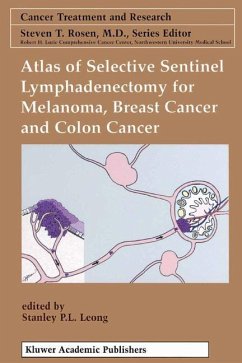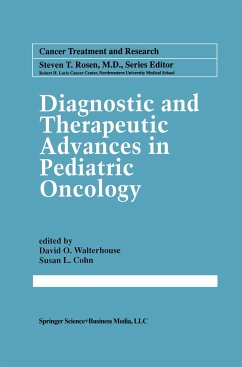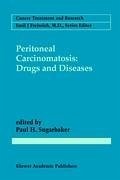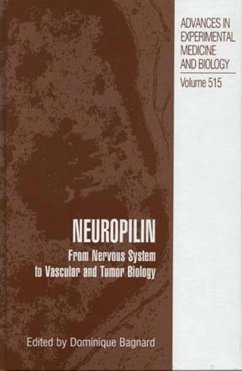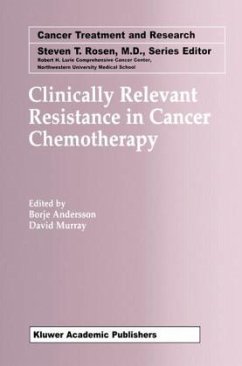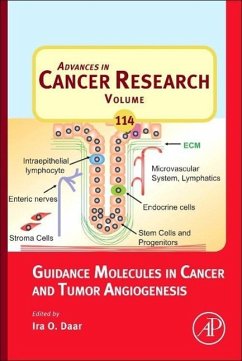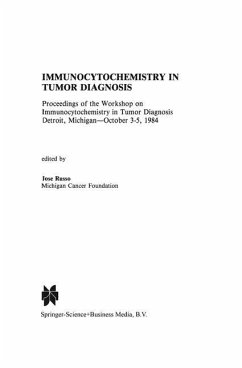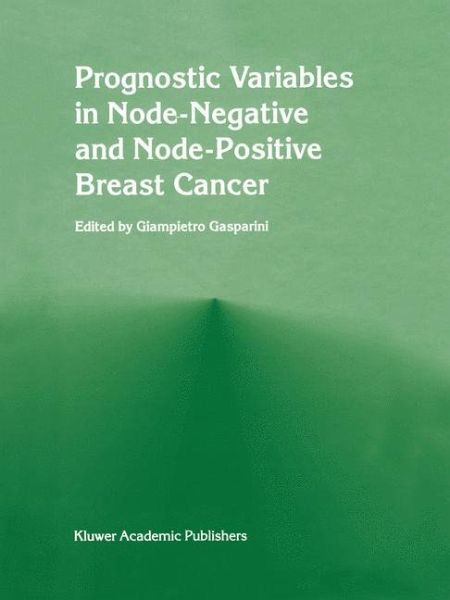
Prognostic variables in node-negative and node-positive breast cancer
Versandkostenfrei!
Versandfertig in 1-2 Wochen
153,99 €
inkl. MwSt.

PAYBACK Punkte
77 °P sammeln!
During the last decade, important advancements on the understanding of the molecular mechanisms involved in tumorigenesis and progression of breast cancer have been made, particularly regarding the mechanisms of control of the cell cycle, apoptosis, metastasis, and angiogenesis. Translation of basic research to the clinical setting by the identification of assessable markers associated with the above biological mechanisms has permitted verification of the clinical significance of several prognostic indicators and has highlighted the heterogeneous nature of invasive breast cancer.Reprinted from...
During the last decade, important advancements on the understanding of the molecular mechanisms involved in tumorigenesis and progression of breast cancer have been made, particularly regarding the mechanisms of control of the cell cycle, apoptosis, metastasis, and angiogenesis. Translation of basic research to the clinical setting by the identification of assessable markers associated with the above biological mechanisms has permitted verification of the clinical significance of several prognostic indicators and has highlighted the heterogeneous nature of invasive breast cancer.Reprinted from Breast Cancer Research And Treatment, this text contains original papers, overviews, and position papers on the methodological aspects and the clinical significance of the more interesting prognostic and predictive indicators. Ultimately, the determination of biological prognostic and predictive markers with easily applicable, reproducible, and standardizable assays is an integral part of future research aimed to improve the management of patients operated for breast cancer in the years to come. Novel therapeutic strategies based not only on chemotherapy or hormone therapy, but directed at interfering with the molecular targets involved in tumor progression and metastasis, warrant clinical testing and are a major challenge to enhance the potential cure of breast cancer.



